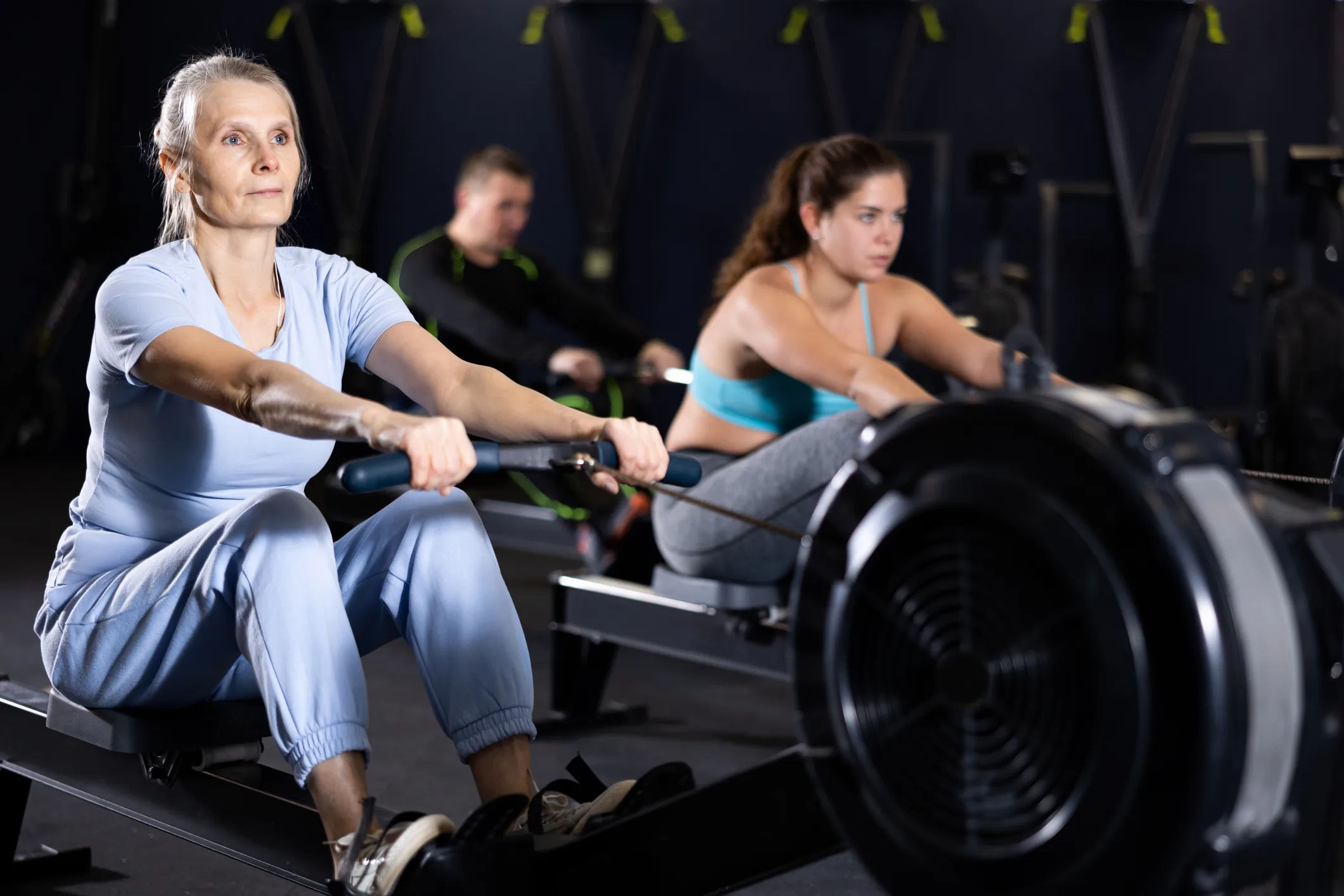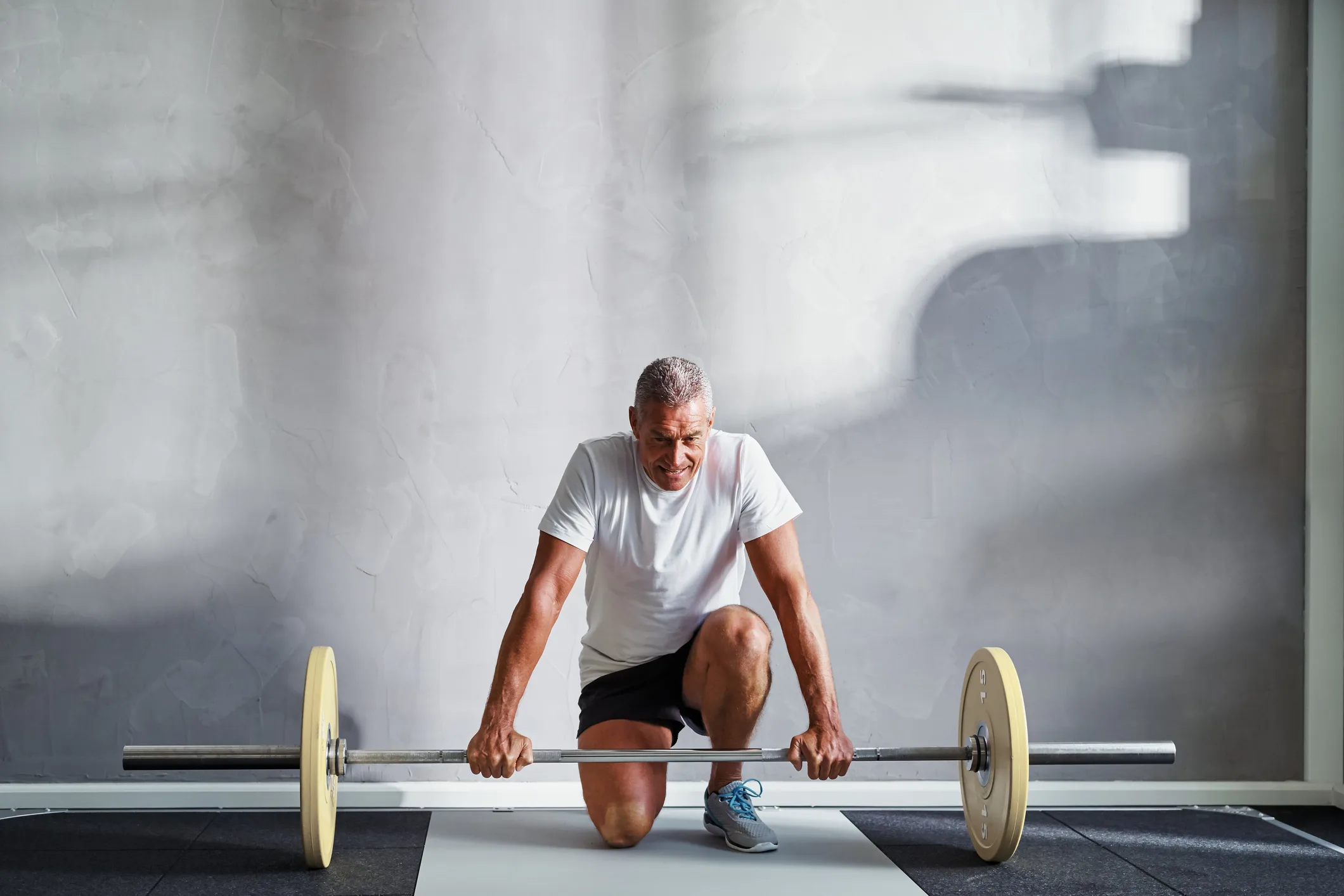Imagine a “drug” that prevents cancer recurrence, boosts survival rates, and has virtually no side effects – and you don’t need a prescription or a pharmacy to get it. Sound too good to be true? A groundbreaking global study recently revealed that exercise is exactly that powerful, showing results that even outperform costly chemotherapy in preventing colon cancer from coming back. The news was so impactful that oncologists at the world’s biggest cancer meeting gave it a standing ovation.
Exercise vs. Chemotherapy: A Surprising Showdown
Doctors have long joked that exercise is “as good as a drug.” But could it really stand up against established medical treatments like chemotherapy? That’s been a tough question to answer, until now.
At the American Society of Clinical Oncology’s (ASCO) annual meeting, results from a 17-year trial stunned medical professionals worldwide. This trial involved over 880 patients from across the globe, all recovering from high-risk stage 2 or stage 3 colon cancer. Half received general advice about exercise, while the other half followed a structured, three-year exercise plan. The goal was clear: prevent the cancer from returning.
The results? Exercise outperformed what standard adjuvant (secondary) chemotherapy can do to boost a patient’s long-term survival. Adjuvant treatments are given after primary treatment to kill any remaining cancer cells and prevent recurrence. This means simple workouts were more effective than some powerful, expensive drugs at keeping cancer at bay.
The Power of Movement: A 37% Survival Boost
Chris Booth, the study’s lead author and a medical oncologist, declared to the astonished crowd: “Exercise is no longer just an intervention that improves quality of life and fitness. It is a treatment.“
The participants who followed the exercise regimen saw remarkable benefits:
- They reduced their risk of death by a significant 37%.
- They reduced their risk of cancer recurrence and new cancer development by 28%.
These benefits were also long-lasting. After eight years, a stunning 90% of patients in the exercise program were still alive, compared to 83% in the group that only received general advice. This 7% survival advantage is comparable to, and in some cases even exceeds, the survival benefits of common chemotherapy drugs like oxaliplatin, which typically offers about a 5% boost after 10 years.
Simple Walks, Big Impact
What kind of exercise are we talking about? Nothing extreme. Many participants simply completed three to four brisk 45- to 60-minute walks per week. They weren’t becoming Olympic athletes; they were just adding the equivalent of about 1.5 to 2.25 extra hours of brisk walking each week.
The study also found that exercise seemed to reduce the risk of other cancers. For instance, in the exercise group, there were only two new cases of breast cancer diagnosed, compared to 12 cases among those who didn’t follow the structured plan.
The Future of Cancer Treatment is Active
Even though doctors have always known exercise is good for cancer patients, the sheer magnitude of these results was a game-changer. Dr. Paul Oberstein, a medical oncologist not involved in the study, expressed excitement about bringing this “treatment” to his own patients, perhaps with the help of fitness trackers or online classes. “If you could somehow package this and bill it as a drug, it would be very valuable because the benefit was really remarkable,” he noted.
Scientists are still working to understand the exact reasons why exercise is so effective against cancer. Theories include its powerful anti-inflammatory effects, which can reduce tumor growth, and its ability to rev up the immune system, helping it “surveil” and fight off cancer cells.
For recovering colon cancer patients, this study offers a new, empowering, achievable, and far less costly treatment option. As Dr. Booth concluded, this intervention should now be offered to anyone who wants it, a statement that was met with a well-deserved, hearty standing ovation from the doctors in attendance.
Source:
Doctors stunned to see strict exercise regimen is as good as medicine for colon cancer











